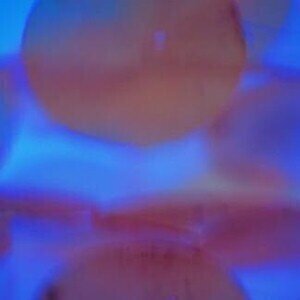News
Early stage bladder cancer test shows promise
Oct 23 2012
Research carried out at the University of Dundee has raised hopes of developing a quicker and more reliable new method of urinary bladder cancer detection with the help of Raman spectroscopy techniques which can detect changes in the structure of the tissue by measuring interactions, something with significant potential for diagnosing cancer at an early stage.
Working with colleagues from Massachusetts Institute of Technology (MIT) in the United States and the Norwegian University of Science, a team from the University’s School of Medicine, led by Dr Ghulam Nabim and his colleagues used RS to examine patients at Ninewells Hospital and compared their results to the diagnoses made using biopsy.
They found a correlation of more than 90 per cent in the results, suggesting that RS has potential to be used to make less-invasive and quicker diagnoses. As conclusions can be drawn instantly following the procedure, it may be possible to reduce the anxiety for patients awaiting the result of their test.
Dr Nabim said that, while the research was still at an early stage, the early results showed great promise for developing a new test for bladder cancer in future.
“Obviously, the earlier we diagnose cancer, the better the prognosis is for the patient,” he said. “There are some specific difficulties in making a reliable early diagnosis of bladder cancer, and very often it is not diagnosed until the cancer has manifested itself as a variety of symptoms.
“What we have been looking to do is develop and early and reliable diagnosis of urinary bladder cancer. Raman spectroscopy tells us about technical structure of tissue before morphological changes in structure happen as a result of the cancer developing.
“The time that passes between a patient having a biopsy and receiving their results is an extremely anxious one for patients and their families. We believe that RS can remove this anxiety by providing a quick diagnosis and our results so far show that it does indeed show potential as a reliable tool for diagnosis.
“What we need to do now is expand our study population and refine the process until it is as reliable as biopsy but without the negative side-effects.”
Digital Edition
Lab Asia Dec 2025
December 2025
Chromatography Articles- Cutting-edge sample preparation tools help laboratories to stay ahead of the curveMass Spectrometry & Spectroscopy Articles- Unlocking the complexity of metabolomics: Pushi...
View all digital editions
Events
Jan 21 2026 Tokyo, Japan
Jan 28 2026 Tokyo, Japan
Jan 29 2026 New Delhi, India
Feb 07 2026 Boston, MA, USA
Asia Pharma Expo/Asia Lab Expo
Feb 12 2026 Dhaka, Bangladesh



















